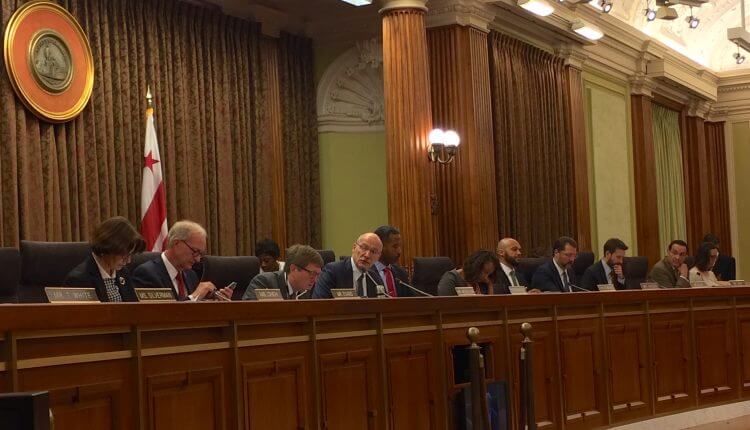
D.C. Council Helps Low-Income Workers Keep More of Their Money
By Ken Lemberg
Many of our pro bono clients struggle to make enough money to stay out of poverty. Although low wages are one problem, other practices contribute as well. One practice that can keep people mired in poverty is garnishing wages—through which judgment creditors can intercept a person’s income to collect debts. Earlier this year, however, the D.C. government took a major step towards protecting low-wage, indebted workers from wage garnishment that could otherwise push them further into poverty. I
Introduced by Council member Elissa Silverman, the Wage Garnishment Fairness Amendment Act of 2018 protects from garnishment weekly wages up to 40 times the District’s minimum wage (currently $13.25 per hour, and rising in July to $14 per hour). As a result, those who are paid less than $27,560 a year in disposable wages (defined in the statute as earnings after mandatory deductions) get a full exemption. This dramatically expands protections: Before the Act, the law protected only 30 times the $7.25 federal minimum wage. In choosing to protect 40 times the District’s minimum wage, the Council compromised between a higher number (proposed by certain legislators, who wanted to protect 60 times the District’s minimum wage) and a lower number (proposed by debt collectors, who wanted to protect only 30 times the minimum wage).
Beyond protecting more money from garnishment, the Act does two other things. First, the Act requires fair warning and notice of garnishing and provides sample language for that notice. Second, the Act allows those who owe debts to claim “undue financial hardship”—by filing a motion in D.C. Superior Court—to protect additional wages from garnishment.
The law’s effective date is April 11, 2019, and its protections will likely begin to apply on October 1, when the District’s new fiscal year begins.
Ken Lemberg is a Washington Council of Lawyers member and a government lawyer.






